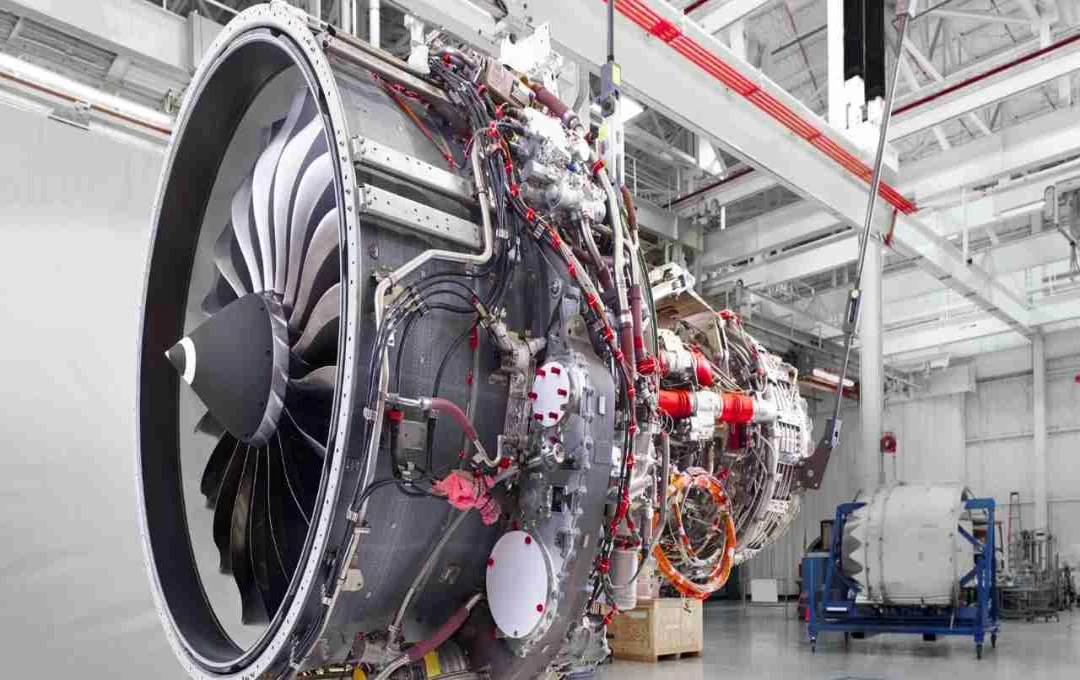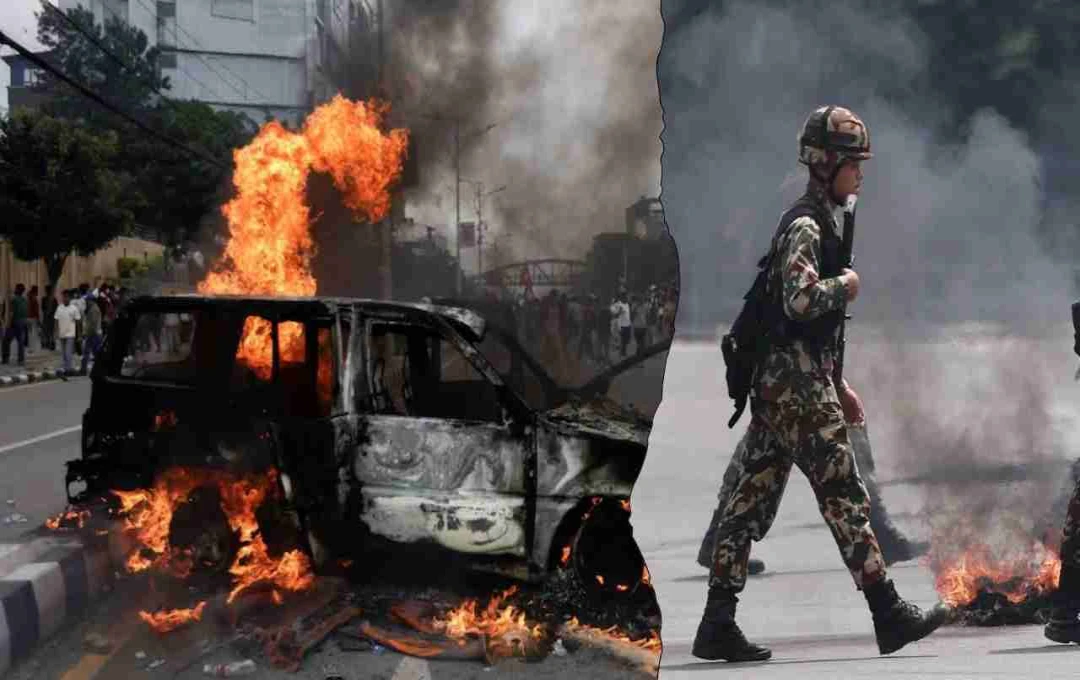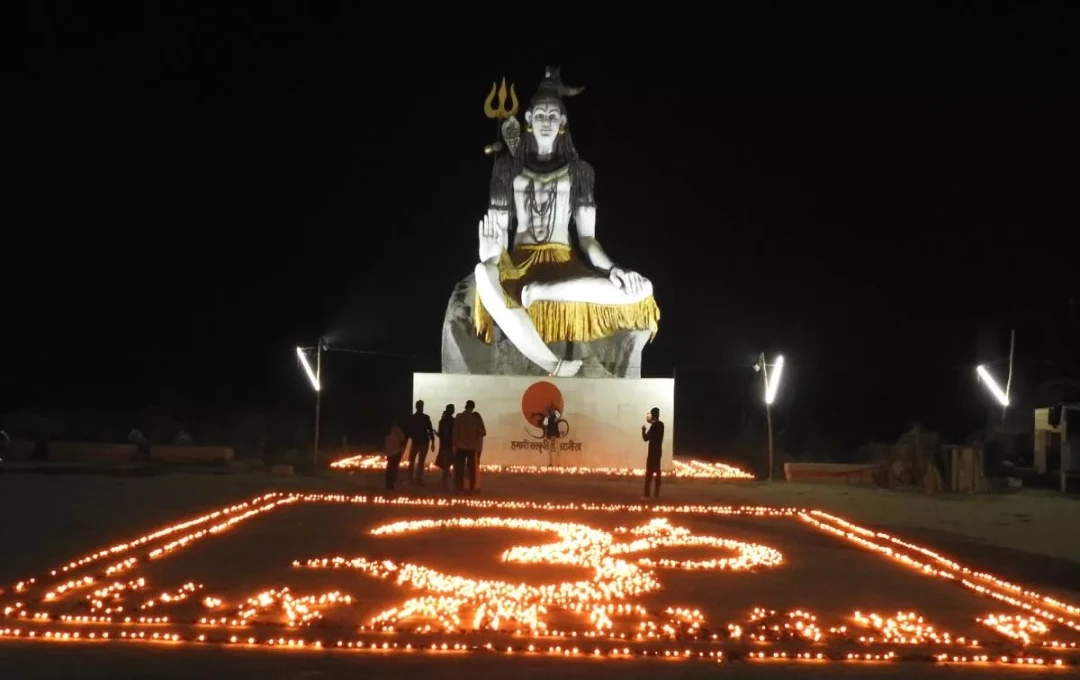This devastating accident has claimed the lives of 297 people. This includes 241 of the 242 passengers on board the Air India flight and 56 students residing in a nearby medical college hostel that was impacted by the crash.
Ahmedabad: Air India flight AI171, en route from Sardar Vallabhbhai Patel International Airport in Ahmedabad to Gatwick Airport in London, was involved in a horrific accident shortly after takeoff. The Boeing 787-8 Dreamliner, carrying 242 people, suffered a catastrophic failure resulting in the confirmed deaths of 241 passengers. Additionally, 56 individuals in a nearby medical college hostel were killed when the plane crashed into the building. This is considered one of the deadliest aviation disasters in India's history.
Following the incident, scrutiny has intensified on the companies involved, particularly the engine manufacturer.
Which Engine Powered the Aircraft?
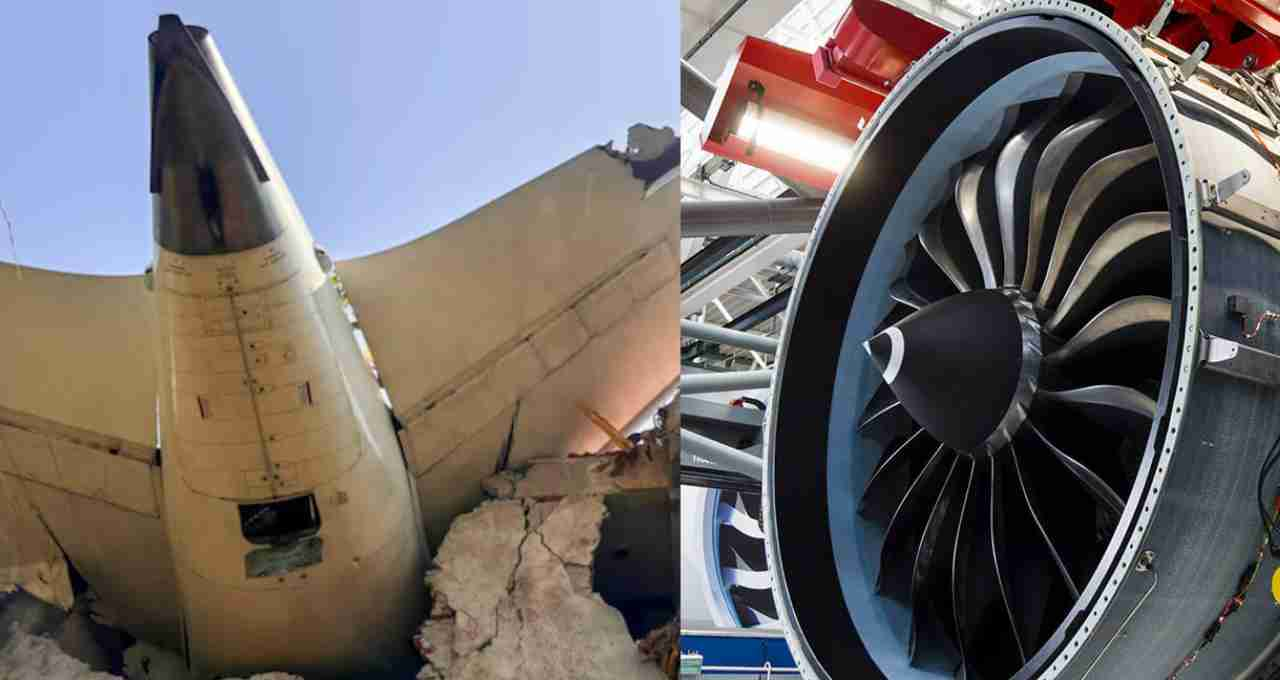
The Air India Dreamliner was equipped with a GEnx engine manufactured by GE (General Electric) Aerospace. GE Aerospace, a prominent American aeronautical engineering company, produces jet and turboprop engines, supplying major airlines worldwide.
Boeing 787-8 Dreamliners can be fitted with two types of engines: the Rolls-Royce Trent 1000 and the GE Aerospace GEnx. Air India flight AI171 used the GE GEnx engine, whose performance is now under investigation.
GE Aerospace's Official Statement
Hours after the accident, GE Aerospace released an official statement. The company expressed deep sorrow and stated it would fully cooperate with Air India and Indian authorities in the investigation.
A GE spokesperson said, "We have activated our emergency response team and are prepared to cooperate fully with Air India and the investigative agencies. This tragedy is deeply saddening, and we extend our heartfelt condolences to the families of those lost."
How the Accident Occurred
Minutes after takeoff, the aircraft lost control and crashed directly into a medical college hostel building. A powerful explosion followed the impact, resulting in fatalities among both the passengers and the hostel residents. The accident occurred at 3:31 PM, prompting immediate responses from local authorities and NDRF teams.
Investigative Agencies' Actions
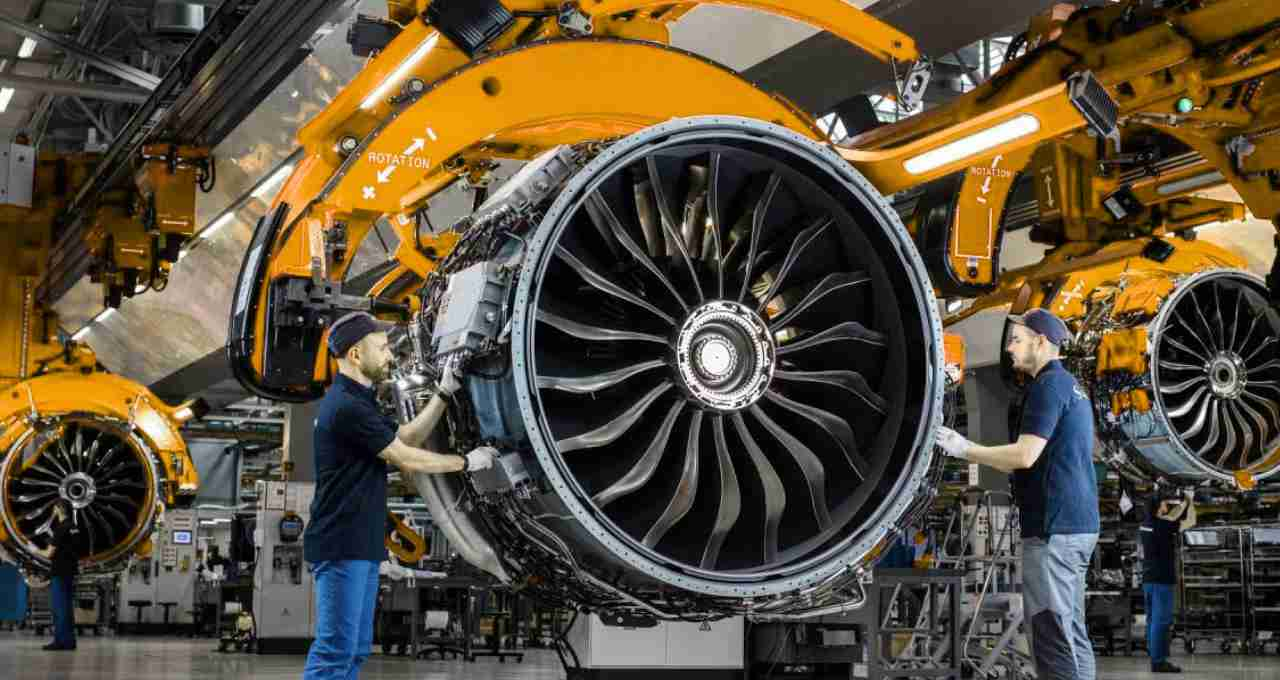
DGCA (Directorate General of Civil Aviation) officials have arrived at the scene, collecting evidence such as the black box, flight data recorder, and voice recorder. Representatives from GE Aerospace and Boeing have either arrived or are en route to India.
The investigation aims to determine if a technical malfunction in the engine or other factors, such as pilot error, technical failure, or adverse weather conditions, contributed to the accident.
Tata Group Announces Compensation
Tata Group, the parent company of Air India, has announced compensation of ₹1 crore (approximately US$120,000) to the families of each victim. They also stated that the company will cover all medical expenses for injured passengers and local citizens.
The flight included 12 crew members, 169 Indian nationals, 53 British, 7 Portuguese, and 1 Canadian passenger. While Tata Group's action is being lauded, the loss for the bereaved families is irreplaceable.
Impact on GE Aerospace's Reputation
GE Aerospace is one of the few companies globally manufacturing engines for both commercial and military aircraft. This Air India accident could impact the company's image and future contracts. If the investigation concludes that an engine malfunction caused the crash, GE could face significant global challenges.
While there has been no widespread technical doubt cast on the company's engines thus far, this tragedy underscores the need for a review of safety standards.
